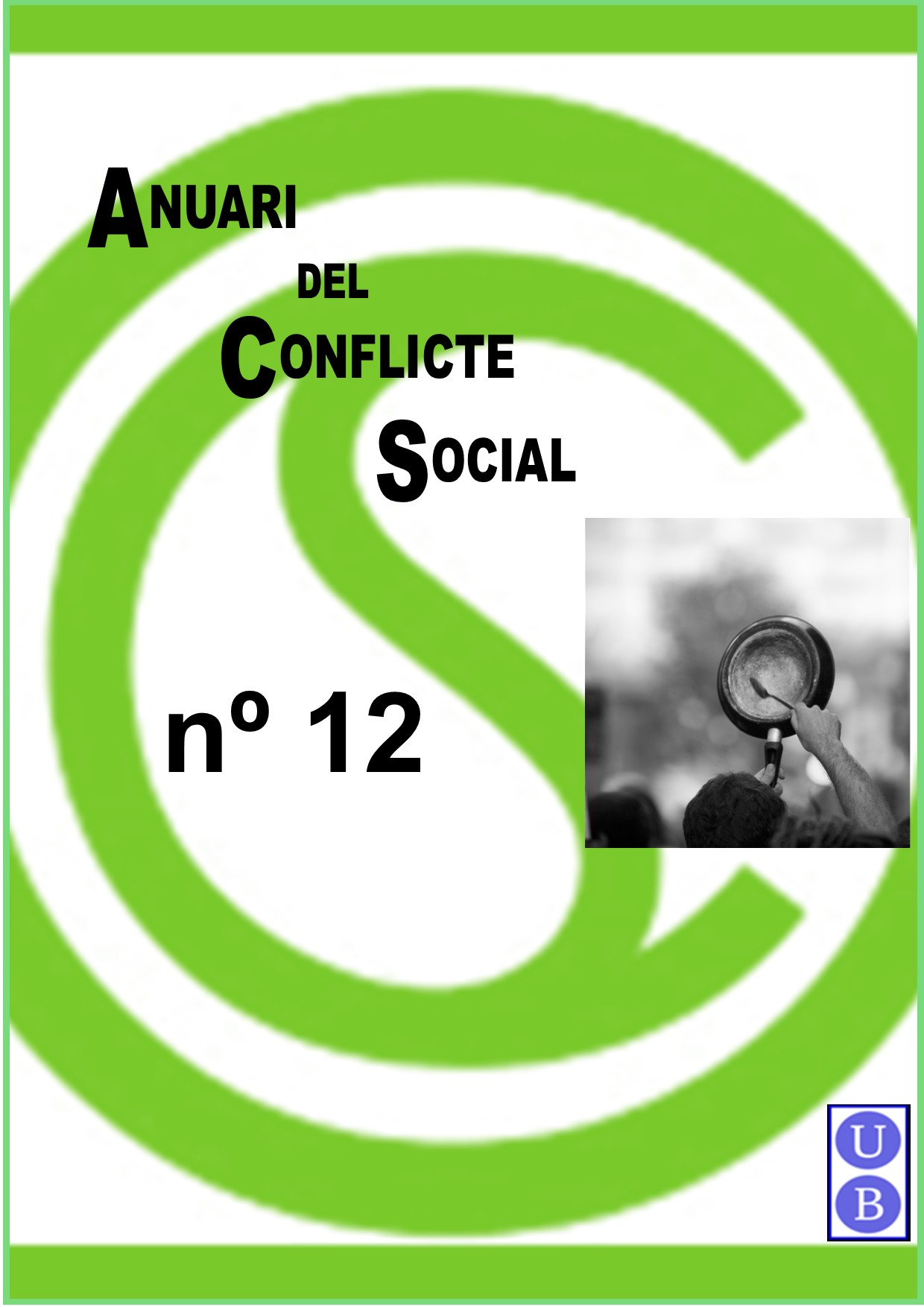Public policies and Mapuche people: persistent challenges in the year of the pandemic
DOI:
https://doi.org/10.1344/ACS2021.12.5Abstract
The State of Chile has had a complex relationship with indigenous peoples, especially with the Mapuche people, derived from the Chilean nation-state model that has marked the indigenous peoples in participation and political debate spaces. Situations such as the pandemic caused by COVID19 and the constituent process show the limitations of this model. During 2020, public policies maintained the strategy of militarization in Mapuche areas or the police siege of Mapuche communities and women, the advance of a legislative agenda oriented to security in the Araucanía area, and the discussion around the seats reserved for Indigenous Peoples, among others. Here, we will analyze the contents and scope of the government agenda for the year 2020, highlighting relevant elements that stress the relationship between the State and Indigenous Peoples, but that can serve as a basis for introducing changes to decision-making processes if there is the political will to do so. The focus of the analysis will be placed on Mapuche People since they have been the ones who have had the most significant role in this agenda, as has happened in recent decades
Downloads
Published
How to Cite
Issue
Section
License
Copyright (c) 2021 Veronica Figueroa Huencho

This work is licensed under a Creative Commons Attribution 4.0 International License.
AUTHORS RETAIN COPYRIGHT. CREATIVE COMMONS
The authors who publish in this journal agree to the following terms:
- The authors retain the copyright and grant the journal the right of first publication of the work, which will be disseminated following the Creative Commons Attribution license.
- Authors are free to establish additional independent contractual agreements for the non-exclusive distribution of the version of the work published in the journal (such as publication in an institutional or thematic repository, their personal website or a book), provided have your initial publication in this journal recognized.
- Texts will be published under a Creative Commons Attribution License that allows others to share the work, provided they include an acknowledgement of the work’s authorship, its initial publication in this journal and the terms of the license.
- Self-archiving of pre-print and post-print versions is allowed.
Privacy statement
The email addresses and names entered in this publication will be used exclusively for the purposes declared and will not be used for any other urposes or made available to third parties.







